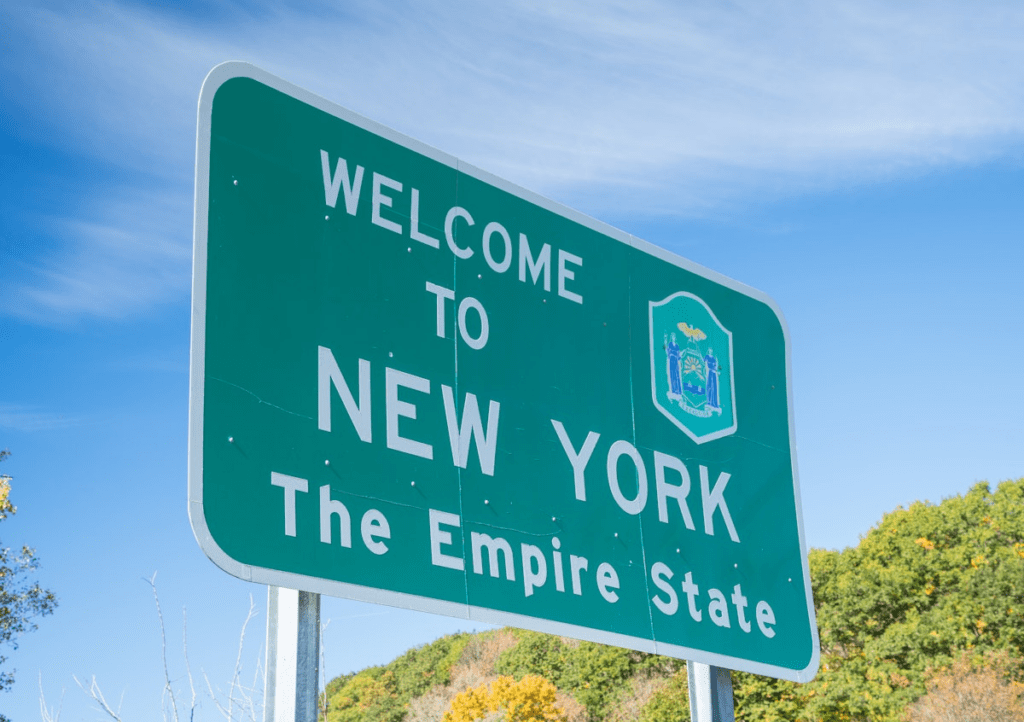New York’s Push for Flexibility in Electric Truck Rules
New York is aiming for state lawmakers to take inspiration from Massachusetts and Maryland by incorporating more flexibility into the state’s adoption of the Advance Clean Trucks (ACT) rule, which took effect on January 1.
Overview of the ACT Regulation
This rule, which originated in California and has been adopted by ten other states, mandates manufacturers to achieve a progressively higher percentage of electric truck sales relative to their total sales. Other states have requested delays, as the mathematical formula associated with ACT has already become burdensome just four months into the rule’s implementation in New York.
Challenges Faced by Local Dealers
Russel Pedrick of Lucky’s Trailer Sales remarked, “I’ve never sold an electric truck. Until we sell an electric truck, we can’t sell any diesel. I haven’t ordered a diesel truck this year for my customers.”
In 2024, California witnessed over an 80% decline in the sale of medium-heavy-duty combustion engine trucks, as reported by the Safe Roads Coalition. In New York, only four zero-emission Class 8 trucks have been sold monthly this year, necessitating a staggering 600% increase in ZEV sales to meet ACT’s obligations.
Concerns About Electric Truck Range
Pedrick noted that while his dealership has had an electric demo unit for over a year, customers frequently express concerns about the limited range of battery electric trucks. He recalled an instance where a local customer had to tow the demo truck due to a dead battery, which failed to meet the anticipated range.
Advocacy for Alternative Solutions
The Trucking Association of New York (TANY) is urging lawmakers to adopt a more flexible strategy, advocating for several “bridge solutions” to reduce emissions and enhance infrastructure. Tommy Kharieh, owner of Walton Hauling, highlighted difficulties in securing power for charging stations, citing quotes exceeding $1 million for installing a DC fast charger capable of servicing just three trucks.
Slow Progress in Infrastructure Development
The rollout of electric infrastructure in New York has been very slow. According to TANY president Kendra Hems, the state has not installed a single publicly available heavy-duty charger since adopting ACT in 2021, and there’s little progress compared to four years ago. Congressional discussions are also considering legislative measures to revoke federal waivers that permitted 11 states to implement electric vehicle mandates.
The Path Forward with Biofuels
Hems argues that the state should prioritize bridge solutions like biofuels, renewable diesel, and natural gas, to cut emissions while the zero-emissions infrastructure develops. Kharieh’s fleet, which was among the first in New York to utilize renewable diesel, exemplifies a proactive approach to reducing environmental impact. In late 2023, New York City transitioned its entire fleet of 12,500 heavy-duty vehicles to renewable diesel, resulting in significant reductions in greenhouse gas emissions.


